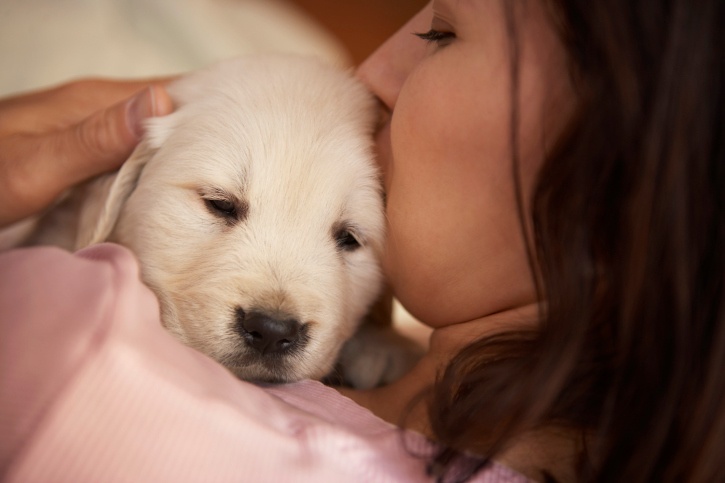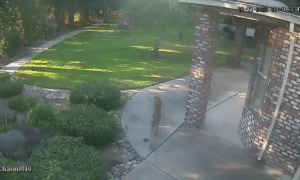“This post contains affiliate links, and I will be compensated if you make a purchase after clicking on my links.”

We don’t really need a scientific study to prove what we already know, but for all the naysayers out there – here it is: Scientific proof that we DO love our dogs as much as we love our children.
Researchers at the Massachusetts General Hospital sought out to determine if women really mean it when they say they love their dogs as if they were their children. The research study used fMRI brain imaging to compare (and contrast) brain activity of women while looking at photos of their children, their dogs, and other women’s children and dogs.
What they found indicates that, yes, we do love our dogs as if they were our children.
The study, published at PLOS ONE, involved a small group of women who had both children, between the ages of 2 and 10 years, and also had a dog for at least 2 years.
“Pets hold a special place in many people’s hearts and lives, and there is compelling evidence from clinical and laboratory studies that interacting with pets can be beneficial to the physical, social and emotional wellbeing of humans,” veterinarian Lori Palley of Massachusetts General Hospital’s Center for Comparative Medicine, co-lead author of the article, said. “Several previous studies have found that levels of neurohormones like oxytocin — which is involved in pair-bonding and maternal attachment — rise after interaction with pets, and new brain imaging technologies are helping us begin to understand the neurobiological basis of the relationship, which is exciting.”
Using fMRI, or functional magnetic resonance imaging, researchers examined key areas of the brain involved with bonding. Women were monitored while being shown photographs of their children, again while viewing photographs of their dog, and yet again while viewing photographs of non-related children and unknown dogs for comparison.
In the areas of the brain linked to “emotion, reward, affiliation, visual processing, and social interaction,” the women’s brains responded similarly whether viewing their children or their dogs, but did not respond while viewing unknown children and dogs.
Interestingly, however, an area of the brain involved with processing bond information was only activated when looking at their own children. So, while the women’s affection toward their dogs equalled that of their children, the physical bond that connects a mother to her child was not present.
But, an area of the brain devoted to facial recognition actually showed increased activity when looking at photos of their dogs to those of their children. This is possibly due to an increased reliance on visual communication cues between a human and dog, where verbal or language communication is lacking.
Though the research study only sampled a small group of women, the team hopes to expand on the study to include both men and women, people without children, adoptive parents, and more, to further understand the human/canine bond.


















I absolutely agree with this study. My dogs are my kids and I wouldn’t have it any other way!